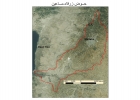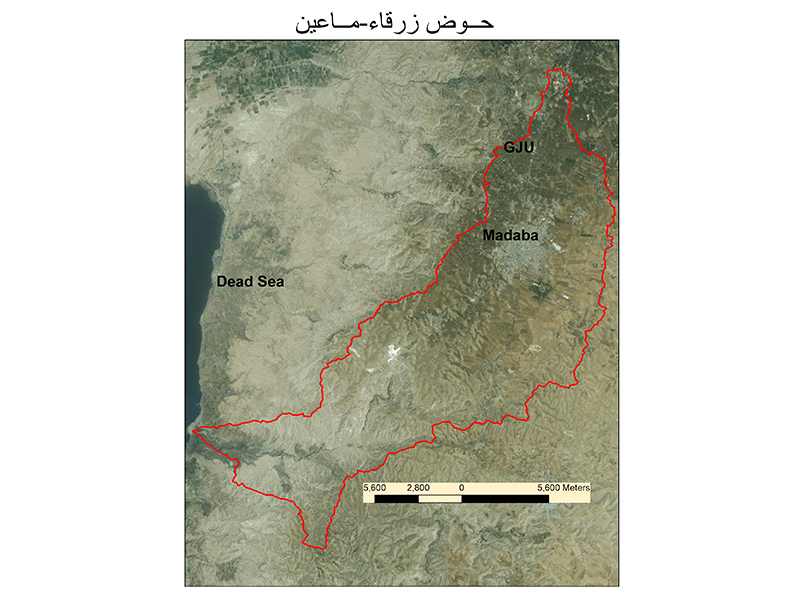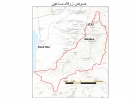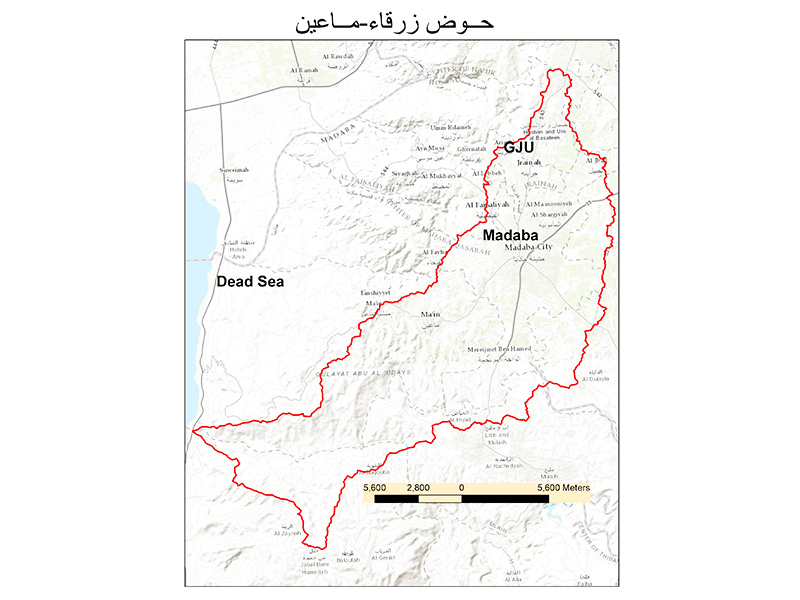Amman- 5 November 2018

Through a generous seed grant, the German Jordanian University (GJU), is implementing and funding the Zarqa-Maiin watershed hydrologic monitoring project.
The grant was awarded to a team of researchers including Dr. Mohammad Alsmadi, Prof. Nizar Abu-Jaber, and Dr. Qasem Abdelal from the Civil and Environmental Engineering Department at the School of Natural Resources Engineering and management (SNREM).
The goal of the project is to study the rainfall-runoff relationships in real time. The study is intended to go on for decades to come with results starting to become available from the first year of the project.
The project involves installing several streamflow monitoring stations at selected locations within the watershed. In addition to water flow stations, the project includes installing a total weather station on the campus of GJU. Multiple rainfall gages will also be installed.
Sites for installation were selected after careful examination of the potential locations and were selected in a way to capture the rainfall-runoff relationships in rural, urban, and mixed rural and urban settings.
The wide experience of the project researchers enabled us to design the project in a way to maximize the accuracy and eliminate the sources of errors that are unfortunately part of many similar systems. This will be achieved by following the most proper international standards.
Collected data will be telemetered to a server located at GJU main campus where data will be stored and made available for retrieval by researchers.
Dr. Mohammad Alsmadi specified that this project allows for studying the relationship between rainfall amounts and intensities at various locations within the watershed and the water flow rates within the wadis of the watershed, the groundwater recharge resulting from rainfall through open areas as well as through flowing water in wadis, and the flooding mechanisms within the watershed wadis.
Furthermore, the impact of increased urbanization within the watershed and the resulting flooding, the impact of climate change manifested in changing rainfall and temperature patterns on the flooding, the breakdown of the water budget between surface runoff, evapotranspiration, and groundwater recharge. In addition, a component of flash flood warning system will be added to the project to serve the local community.
Dr. Alsmadi added, “Even though the starting budget of the project is enough to install the equipment at multiple locations, any further funding will greatly enhance the outcome of the project especially that the project is designed in an expandable way.”





